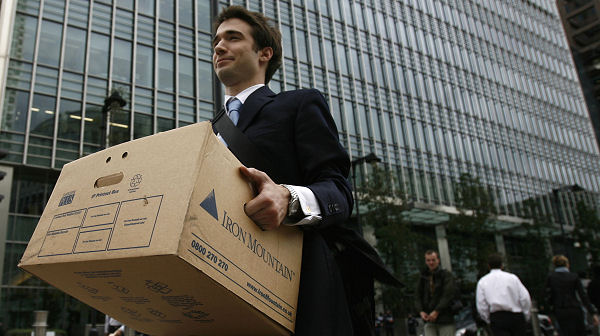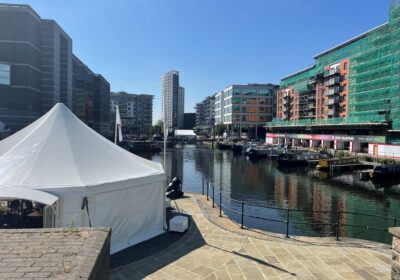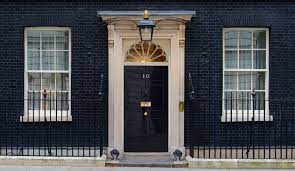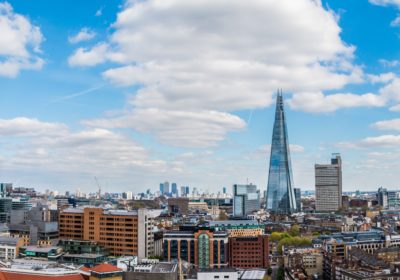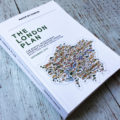J P Morgan’s announcement it had acquired First Republic Bank on Monday this week didn’t make much in the way of headlines in the UK press as we all slept off our long weekends. The reality is that the Fed had invited JP Morgan to step in to avert contagion spreading in the financial system and the aversion of what would have been the second biggest banking failure in American history.
Everyone stay calm! The stock market charts are gently up and despite the banking hiccups the world economy is holding it together.
However, the more studied will call the last quarter a bear market rally. Low volumes moving upwards as smart money transacts its way out and seeks safe havens for what’s to come.
If you’re in the real estate development space like me, you’ll know why the system is now more than creaking. Cost inflation is surging through the UK economy and internationally following a similar path. Prices in the supply chain are up by a quarter and lending rates have doubled. These movements are not blips, they are here to stay and are inflicting a heavy drag on business.
One contractor warned me there is more to come. Many are holding back further cost increases as they know the market cannot take it.
Then there is the debt and exposure in the US which we saw erupt over the last few week at First Republic Bank and before at Silicon Valley Bank. J P Morgan’s CEO tells us not to worry. Yet, in the next 2 years, roughly $650 billion of US commercial real estate debt will mature and need refinancing. According to Morgan Stanley, this is the largest on record and much of it sits with smaller banks.
A lot of commercial real estate is already in negative cash flow both sides of the pond. This is partly the aftereffects of Covid as things shake out.
According to Savills, the vacancy rate in San Francisco, home to Silicon Valley, is nearly a third of all office space. If an asset is vacant and its debt service costs are about to spike, there’s a hefty devaluation around the corner. The losses will have to be worn somewhere and a lot will be on the shoulders of the banking sector. Things haven’t really got started.
Central banks across the Western world are pushing up interest rates into a wall of debt. This is a mistake.
Raising interest rates doesn’t kill inflation, tightening credit constraints can. Raising interest rates does cause recessions and this one could be deep if central policy makers don’t change their approach.
The UK Government and its political class needs to wake up. The pile up is only just beginning. There is still time to protect and support infrastructure led sectors such as housing development. Unfortunately, to date there seems to be little sign that they even know what’s going on. I hope I am wrong.

